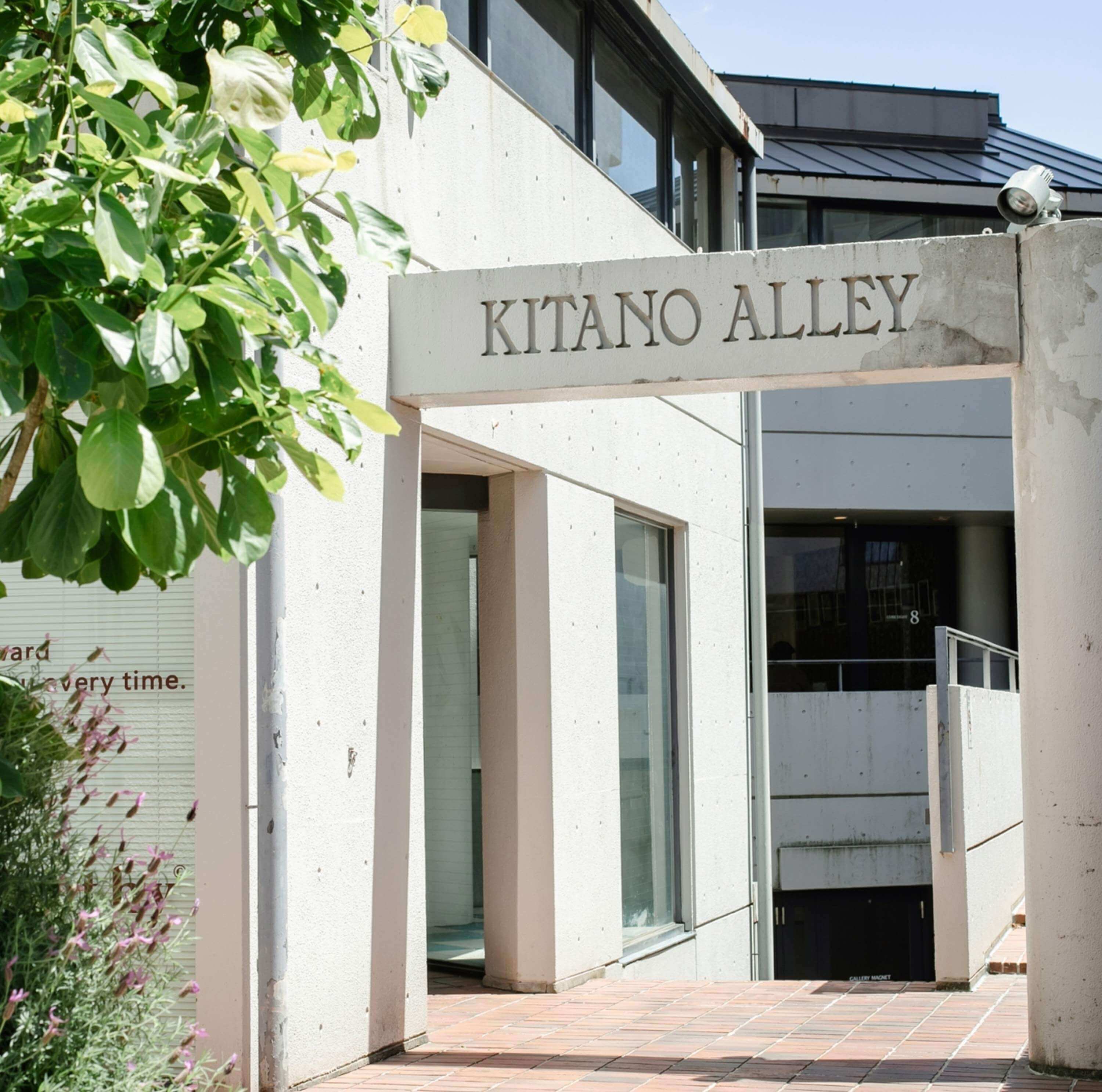In recent years, Japan has experienced a marked increase in the purchase of kominka (literally known as Japanese traditional folk houses) by foreign nationals. These traditional homes have generated much interest due to their timeless craftsmanship, natural materials, and their simple, elegant design, as well as their historical roots in Japan. In fact, there is an organization, the Japan Kominka Association, that promotes kominka.
However, many prospective buyers who are intrigued by these unique traditional homes may actually have over-romanticized expectations about the building itself and the lifestyle involved in living in one.
It is important for prospective buyers to know both the pros and cons of purchasing a kominka in order to make a well-informed decision. Below are some issues that that a prospective buyer should consider.
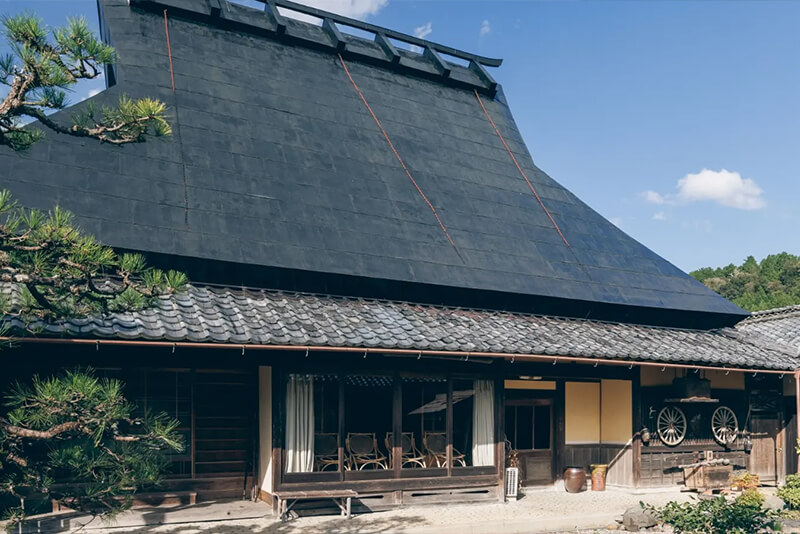
Let’s take the recent example of a well-to-do gentleman [from the USA] who recently purchased a kominka in a relatively remote village north of Kyoto. He would be considered to be a sophisticated buyer since he worked in the international financial industry and had been in Japan numerous times over the years. In fact, he owned land in Hokkaido and had an extensive network in Japan.
This buyer came to the Kansai area for the first time at the beginning of the Covid pandemic to start looking at prospective kominka properties based on property listings received from Nakagawa Juken Co., Ltd. He actually visited the property in person in the early winter this year. Negotiations with the owners were conducted in December and January, resulting finally in the signing of a purchase agreement in February.
Throughout this process, the buyer had to come back to the Kansai practically every month for various reasons. Fortunately, he had the financial means to do so, which may not be the case for many prospective buyers.
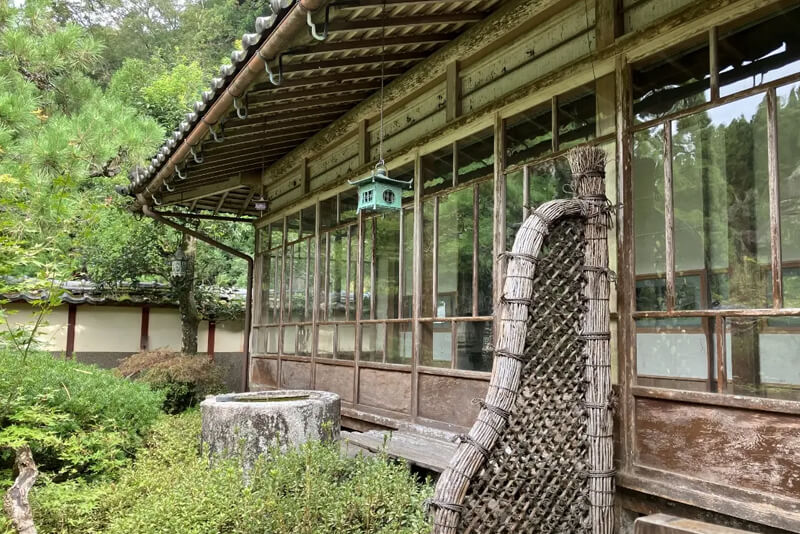
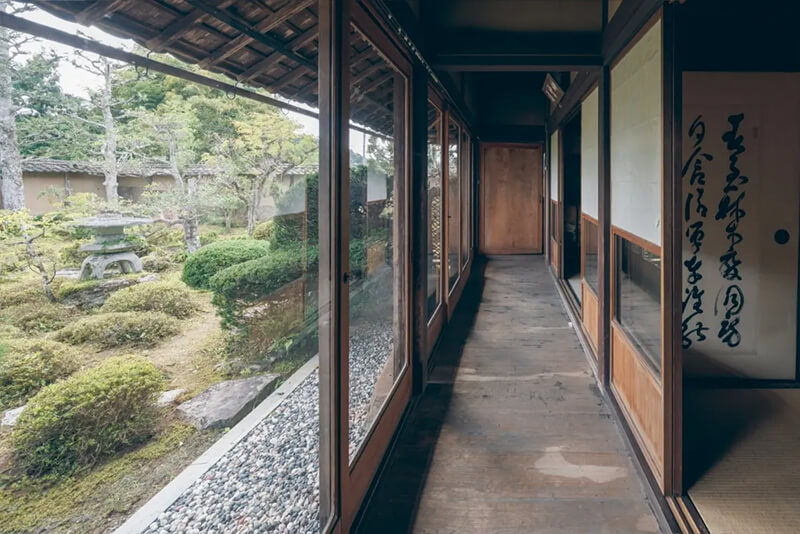
Having a local network is essential for such matters as renovations, property management, emergencies, payment of taxes and other legal requirements. Equally important is having a local agent who is familiar with the locale and can bridge any language barriers.
After driving extensively around the area north of Kyoto, the buyer lucked upon another kominka renovated as a guesthouse in Miyamacho, whose Spanish owners were willing to be an agent for the renovation of the kominka and otherwise act as a language bridge to Nakagawa Juken.
Many prospective foreign buyers tend to overly romanticize the lifestyle in a remote Japanese village. The reality involves challenges of becoming a part of an already established community in addition to language barriers and cultural issues.
Many
On a more mundane level, it is essential to have a car and an international or Japanese driver’s license. Keep in mind that all the road signs are in Japanese and it will be quite easy to get lost.
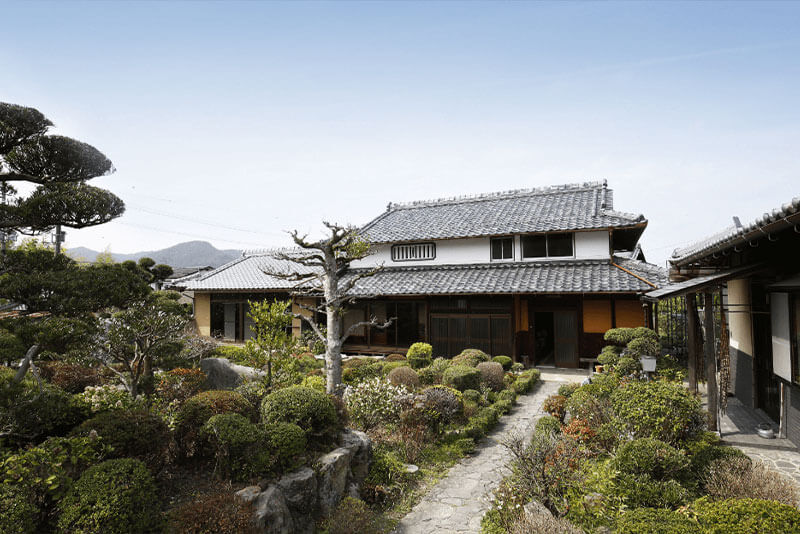
Emergencies and Language Barrier: Without a doubt, the biggest challenge will be language barriers. It is unlikely that your neighbors or city officials will be able to speak in English. This means that you will need to know in advance how to handle emergencies of various types, including earthquakes and medical emergencies, among others.
Bank Accounts for Foreign Nationals and Other Financial Issues: One reason for having a property manager (or other type of agent) is that it may be difficult, or impossible, for a foreign national to open and maintain an account at a Japanese bank. This will largely depend on the type of visa. Typically, foreign nationals with tourist visas will not be able to open bank accounts in Japan. For this reason, it may be necessary to have an agent who has the power of attorney to make payments and do transactions related to the renovation of the kominka.
As a general matter, it can be extremely difficult for foreign nationals to get loans from financial institutions in Japan for matters such as renovations. In addition, depending on the visa status of the prospective buyer, financing by a mortgage may not be possible.
Renovations: Another function of the agent is key for renovations and maintenance of the kominka. In addition to language skills, the local agent will also need to have his or her own local network. The local agent will need to be able to identify and hire the proper architects and renovation company which have extensive experience in the renovation of older Japanese homes.
The agents and the architects and renovation company will also need to have access to skilled craftsmen as well as high-quality building materials.
Boundary Issues: Quite often the property boundaries for the land on which the kominka is located are not clear. In addition, keep in mind that foreign nationals cannot purchase agricultural land.
Maintenance Issues: Normally, the septic tanks of kominkan are connected to the main sewage system, however, it requires cleaning once a year. It will be necessary to arrange to have a company do the cleaning. In addition, any water in the pipes will need to be flushed out every winter.
The above also applies to gas services. Propane is the most commonly used gas.
Natural Disasters and Property Insurance: Since 70% of kominka are located in mountainous areas, they are usually in designated disaster zones. As such, special insurance is advisable. However, some kominka may not be eligible for this type of insurance. Part of the buyer’s due diligence should include discussions about the types of available insurance coverage for natural disasters, the premiums, and any exemptions.
Set-up Services for Buyers: Even after the purchase agreement is signed and the closing takes places, the new buyer will still need to have continuous follow-up services to set up and maintain the kominka for its intended use, whether residential, business, or investment. For this purpose, it is important that the prospective client and Nakagawa Juken reach a clear common understanding about what the ongoing issues are and what type of continuous services are necessary. This should include a clear written statement about the expectations, roles, and fees for each party.
Re-sale of Kominka: The re-sale of a kominka is extremely problematic. Although machiya in larger cities have a robust re-sale market, the same is not true for kominkan in remote based on the issues discussed above.
